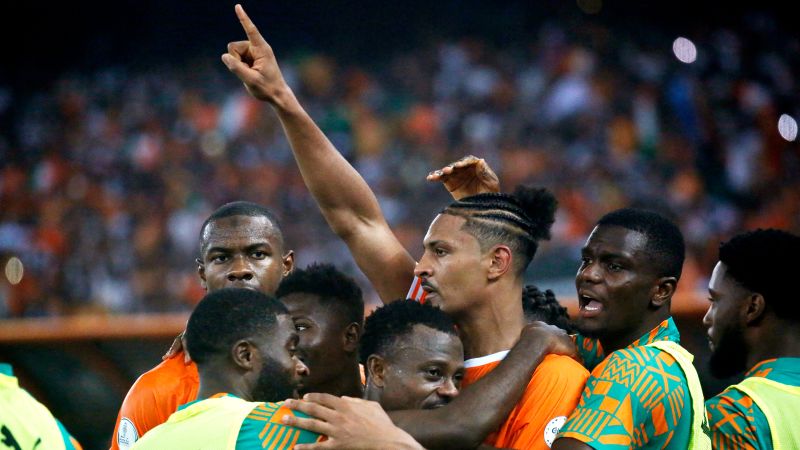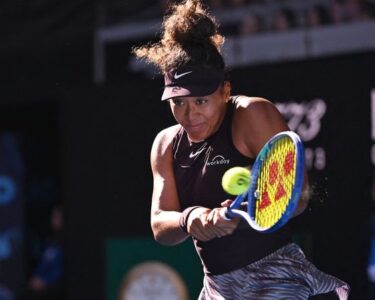CNN
—
The Africa Cup of Nations (AFCON) is renowned for being one of soccer’s most unpredictable and exciting international tournaments, but few could have predicted at the end of the group stage that Ivory Coast and Nigeria would be the two teams contesting this year’s final.
Both teams have endured bumpy roads to the championship match, particularly Ivory Coast, which sacked its manager mid-tournament after a disastrous group stage and has earned a reputation as an agent of chaos.
The host nation is seeking its third AFCON title, while Nigeria is looking to lift the trophy for the fourth time.
How to watch the AFCON final
The match kicks off at 3 p.m. ET on Sunday and will take place at the Alassane Ouattara Stadium in Abidjan, Ivory Coast. If the scores are level at full-time, extra time will take place, followed by a penalty shootout if necessary.
US viewers can catch all the action on beIN Sports USA.
South Africa and DR Congo, both on the losing end in the semifinals, will go head-to-head in a third place play-off on Saturday, also kicking off at 3 p.m.
How we got here
Ivory Coast’s journey to the final has been nothing short of miraculous. Hosting the competition for the first time since 1984, Les Éléphants endured a torrid group phase that saw them finish third in Group A on three points after beating Guinea-Bissau but losing 1-0 to Nigeria and then receiving a 4-0 thrashing against Equatorial Guinea.
The host nation scraped through to the knockout stages, however, by virtue of being one of the four best third-placed teams.
Before its progress had even been confirmed though, Ivory Coast fired its manager Jean-Louis Gasset as a result and installed Emerse Faé as caretaker coach, giving him his first managerial role at the senior level.
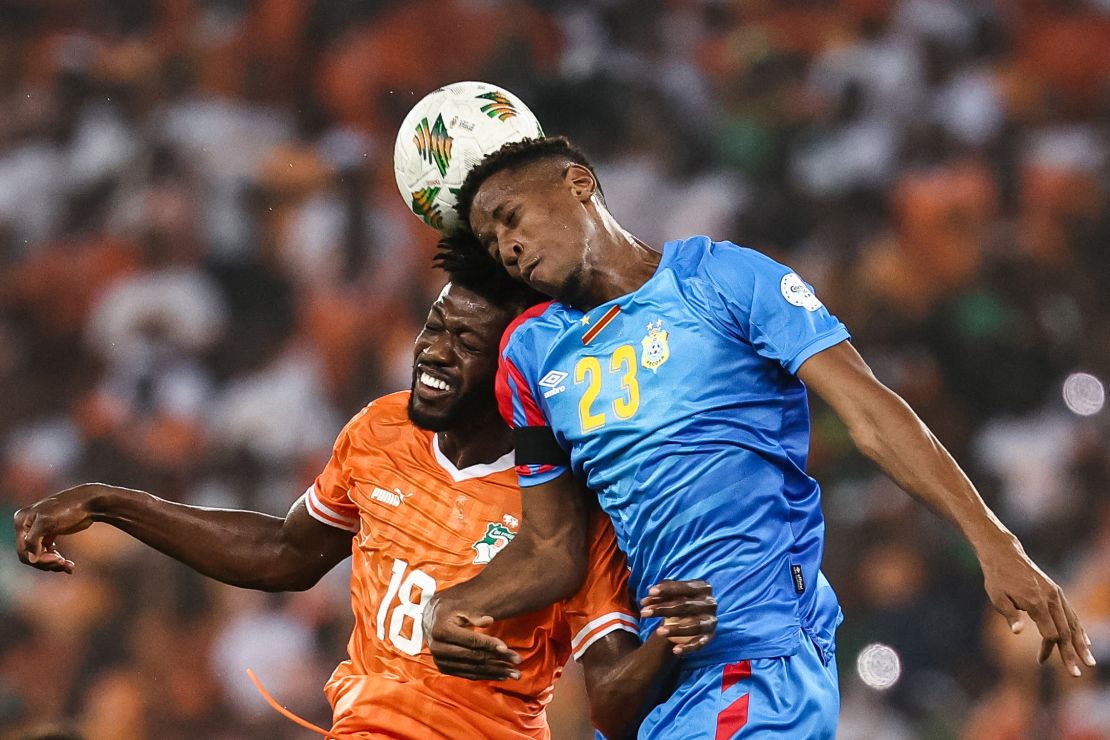
Matched up against the defending champion Senegal in the round of 16, Faé was immediately handed a tall task. A late equalizer from Franck Kessié saved Ivory Coast from the brink of elimination before the team won a pulsating penalty shootout to advance to the quarterfinals.
Against Mali, Ivory Coast pulled off yet another great escape, grabbing a last-minute equalizer. The majority of extra time went by goalless and penalties looked to be a certainty, but Simon Adingra had other ideas, scoring the winner in the 122nd minute.
The team’s uncanny ability to come back from the dead has earned them the nickname ‘Zombie Elephants.’
On the one-year anniversary of his first goal back after returning from testicular cancer treatment, Sébastien Haller found the back of the net in the semifinal against DR Congo on Wednesday to send his country into an AFCON final.
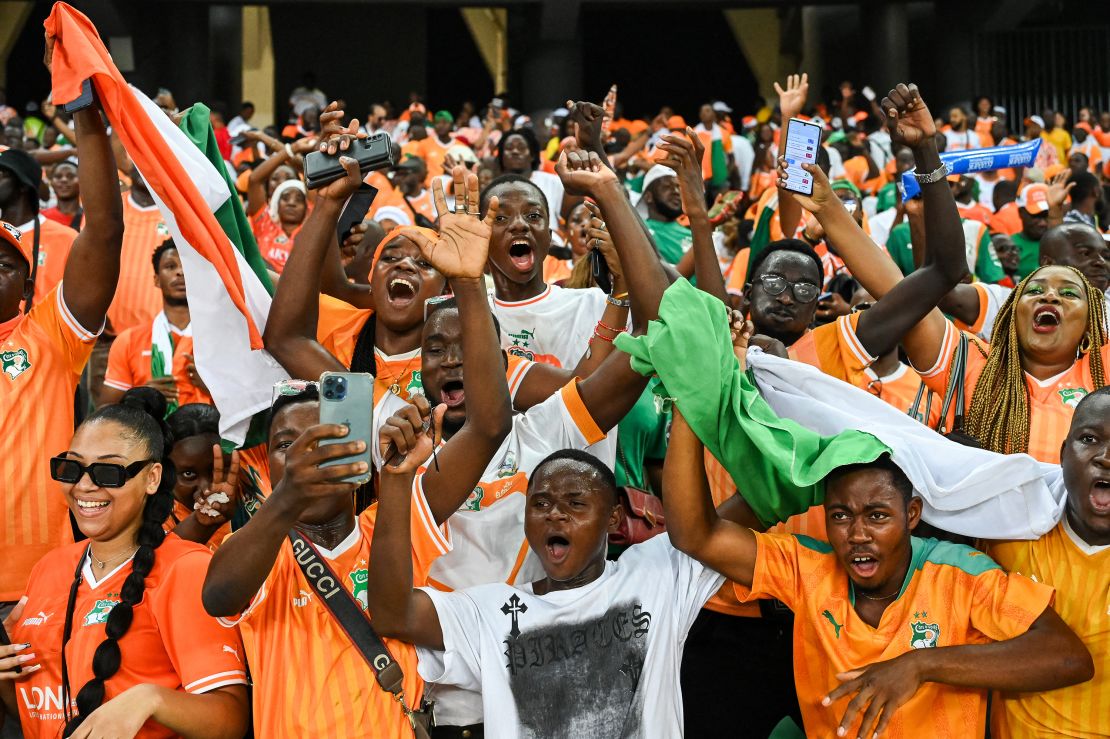
It gives Ivory Coast a chance to take revenge for its group stage defeat against Nigeria, which has long been considered one of Africa’s powerhouses and possesses a host of talented players that ply their trade in top leagues across Europe.
However, the Super Eagles have been in somewhat of a dormant period, failing to qualify for the 2022 World Cup and having not advanced past the round of 16 at AFCON since they won the competition for the third time in 2013.
After finishing second in its group and knocking out Cameroon and Angola, the west African nation eked through to the final after beating South Africa – one of the tournament’s surprise packages – 4-2 on penalties in the semifinal on Wednesday after extra-time came to a close with the score locked at 1-1.
The penalty spot was in frequent use as the game’s only goals came from 12 yards. After a first half that South Africa largely controlled despite being the underdog, Nigerian captain William Troost-Ekong opened the scoring in the 67th minute, slotting his penalty down the middle after star striker Victor Osimhen was fouled inside the box.
Nigeria appeared to have sealed the win when Osimhen scored late on, but a chaotic turn of events saw the goal disallowed after a Video Assistant Referee (VAR) check ruled that South African winger Percy Tau was fouled in the other penalty area earlier in the possession. Teboho Mokoena converted the resulting spot-kick in the 90th minute to level things up and send the match to extra-time.
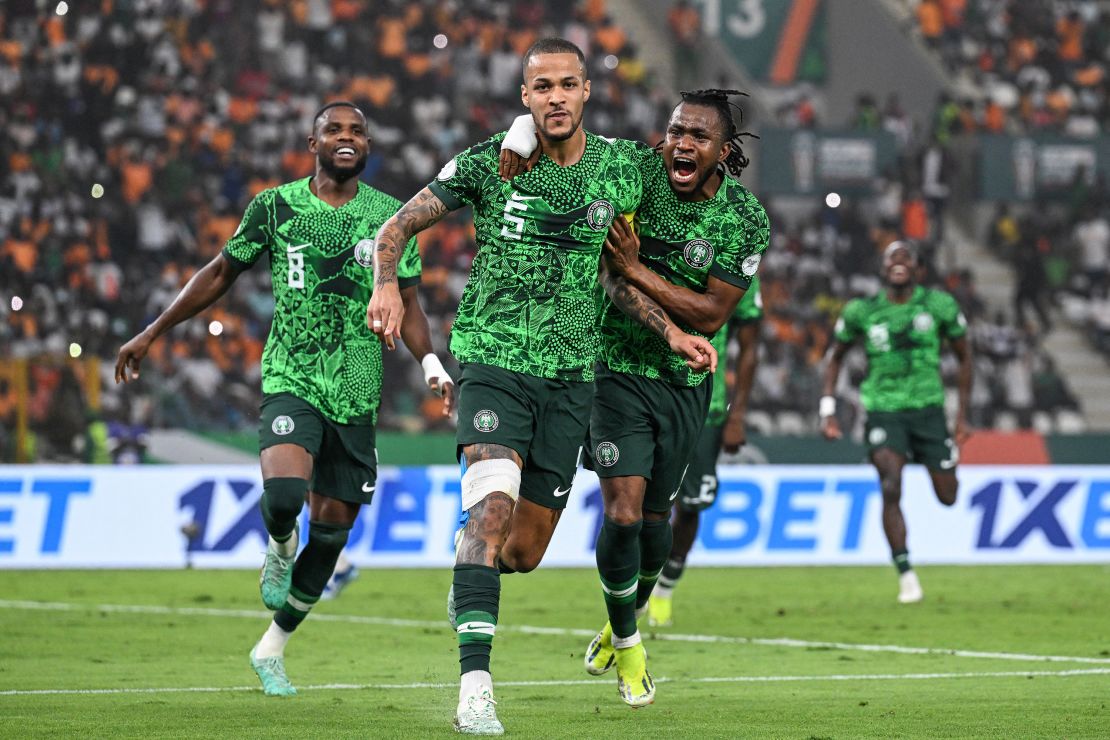
South African defender Grant Kekana was sent off and Nigeria piled on the pressure but the two sides were unable to be separated and a shootout was required. Nigeria goalkeeper Stanley Nwabali made two saves and striker Kelechi Iheanacho netted the deciding penalty to send Nigeria into the final.


